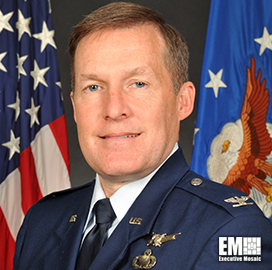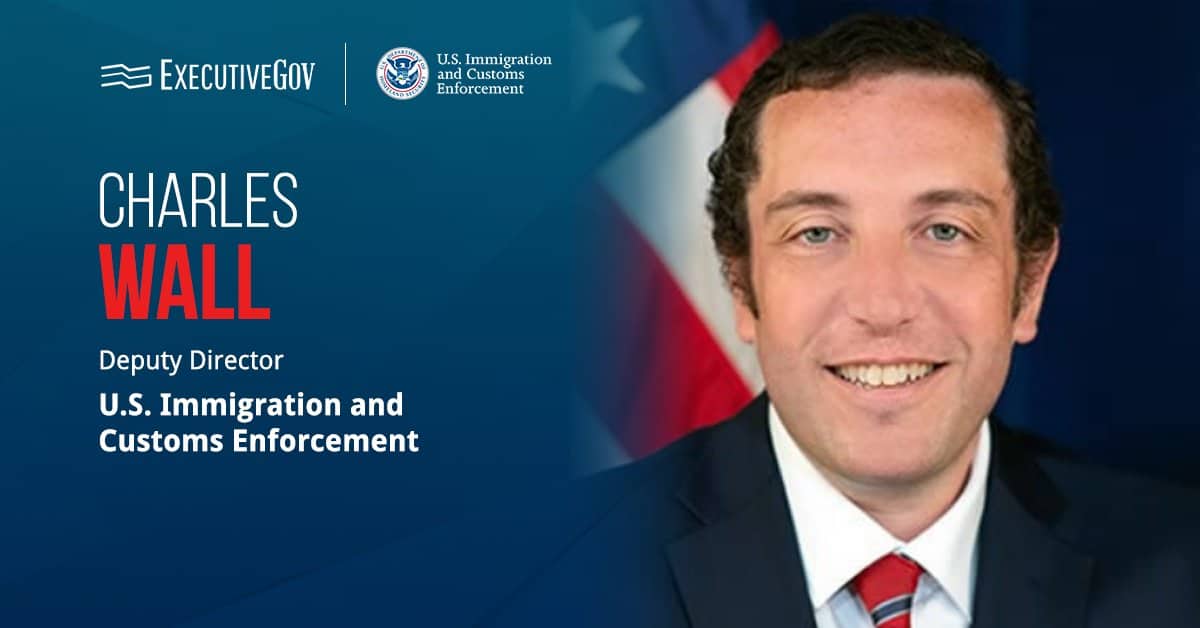Col. Ken Kuebler, program executive officer for fixed-wing at U.S. Special Operations Command, said Air Force Special Operations Command considers modifying its MC-130J aircraft to enable the plane to operate in amphibious environments, National Defense reported Wednesday.
Kuebler said having an amphibious aircraft would provide the service the capability amid a great power competition.
He noted that the command plans to conduct feasibility studies, explore operational concepts and look at possible digital design options to prove the aircraft capability through a demonstration.
“That all leads to giving us key decision points as we move forward,” Kuebler said Wednesday during the virtual Special Operations Forces Industry Conference.





